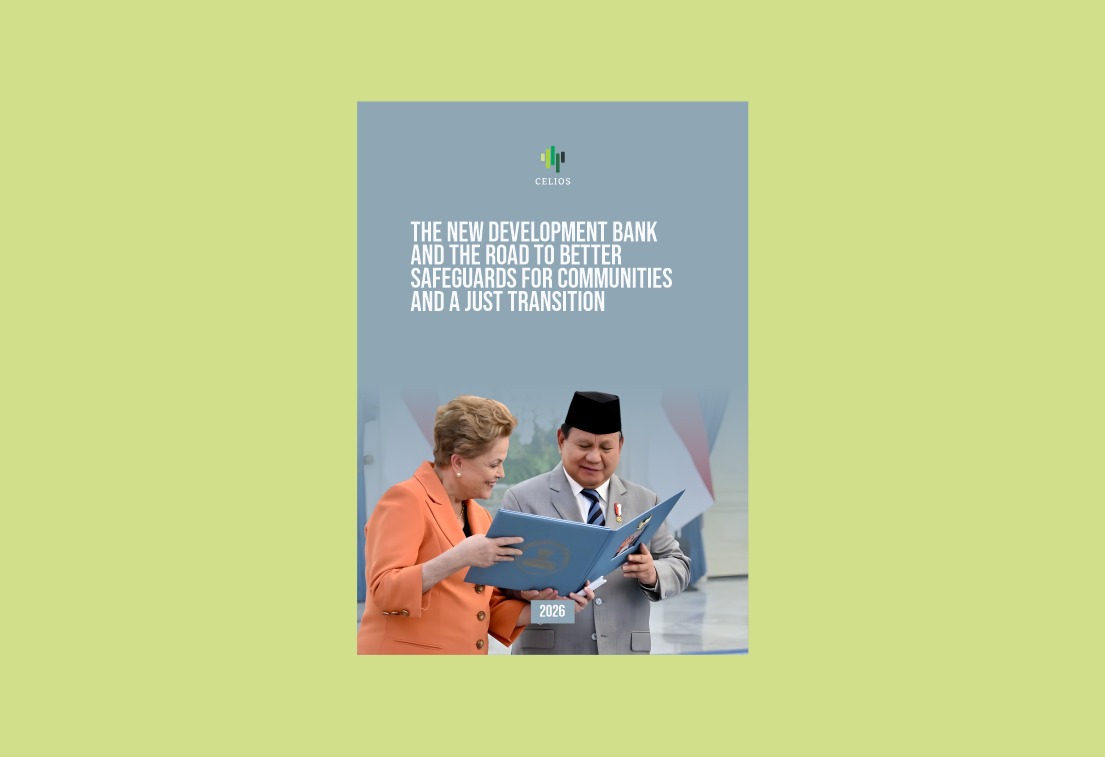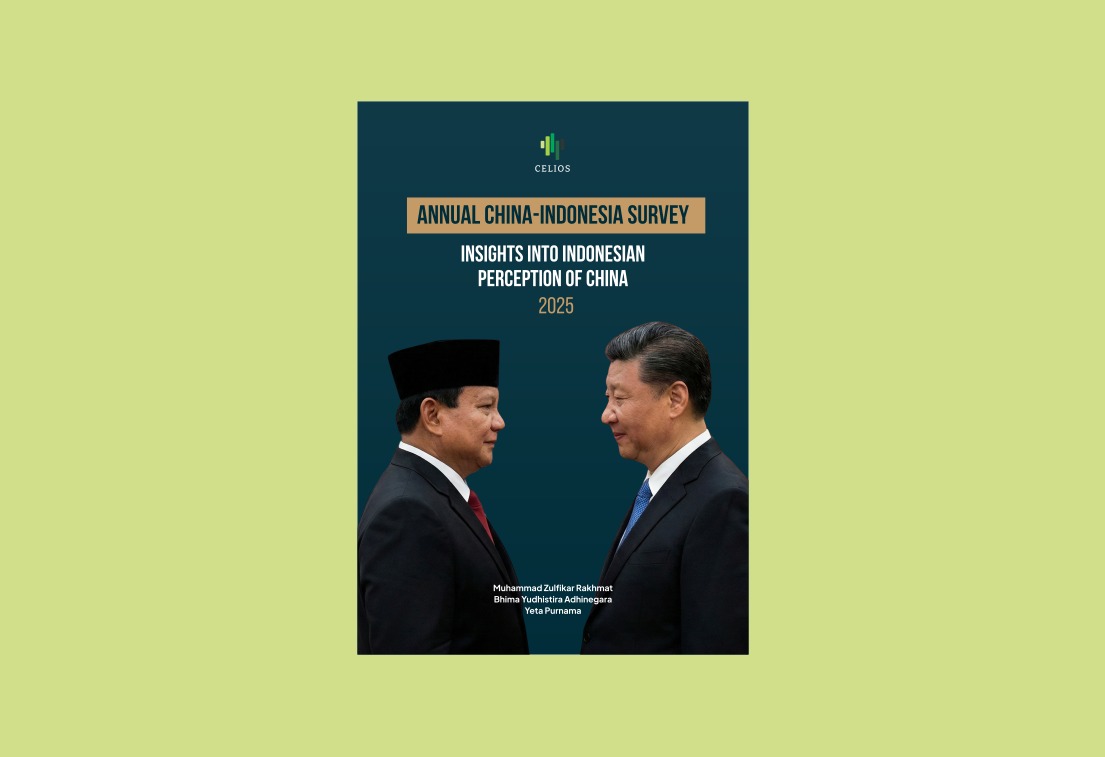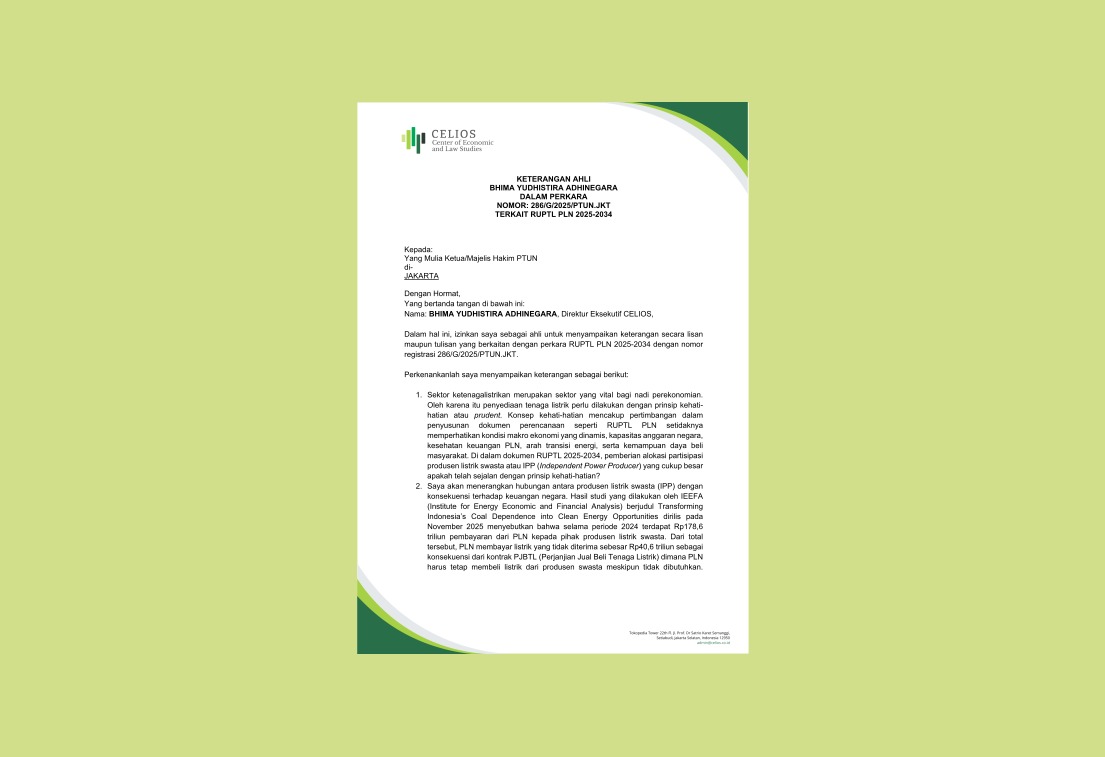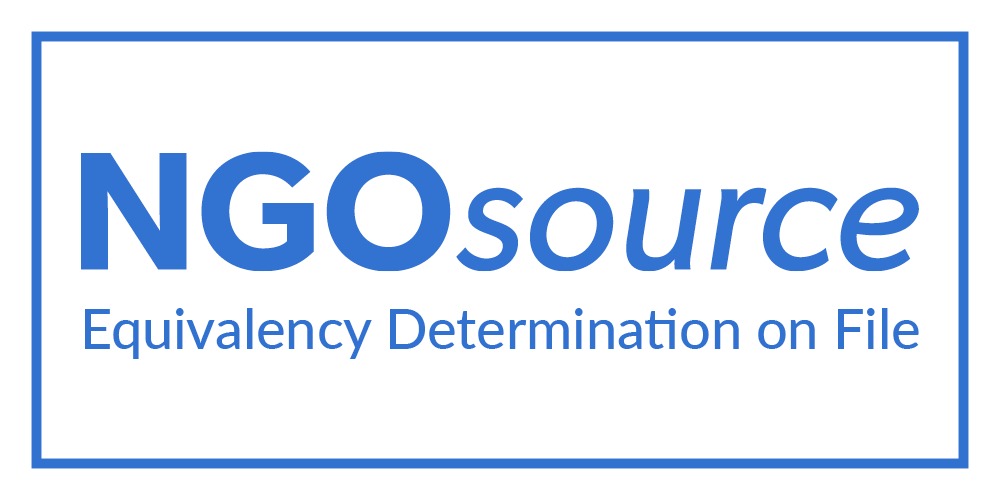Jakarta, Indonesia – March 20, 2025 marked 70 years since the Asia-Africa Conference was held in Bandung, Indonesia. To commemorate this historic event that laid the foundation for South-South Cooperation, CELIOS organized a public discussion titled “Echoes of the Bandung Conference: Reinventing South-South Cooperation,” held on April 15, 2025.
The event was attended by various parties, including academics, diplomats, and experts in international relations. Centered on the importance of South-South Cooperation and its relevance today, the discussion took the audience back to the Asia-Africa Conference of the past and invited them to explore the potential that lies ahead.
At the discussion event, Muhammad Zulfikar Rakhmat, Director of MENA-Indonesia at CELIOS, stated, “The turmoil in the global economy, especially following the U.S. President Donald Trump’s tariff hikes on various countries, has created new challenges for many. As access to the U.S. domestic market becomes increasingly restricted, commodity-supplying countries need to shift toward more promising regions. This, in turn, presents new opportunities for Global South countries to strengthen trade cooperation among themselves as an act of solidarity and a strategy to respond to Trump’s tariff policies. This is why South-South Cooperation must reemerge to address global issues in the modern era. Beyond economics, South-South solidarity is also deeply tied to issues of national sovereignty. The ongoing crisis in Gaza, Palestine, should serve as a critical reminder for countries of the Global South to work together to end the humanitarian and sovereignty crisis taking place there, and to affirm the Palestinian people’s sovereignty over land occupied by Israel.”
In line with this statement, Dinna Prapto Raharja, Co-founder of Synergy Policies, emphasized during the same occasion, “It is crucial for us to reflect, 70 years after the Asia-Africa Conference in Bandung, whether the events we once experienced as a nation in 1955 are repeating themselves today. I urge policymakers, as well as all members of society who have known the spirit of the Asia-Africa consensus, to reconsider: how, despite our economic limitations at the time, we were still able to create a new spirit and boldly resist colonialism together, not just through rhetoric, but through real, tangible action.”
The cornerstone of South-South solidarity lies not only in national sovereignty, but also in collaboration and economic cooperation among countries of the Global South. This value is also reflected in the concrete steps taken by Indonesia through its long-term economic policies.
Tyas Baskoro Her Witjaksono Adji, Director of Intra- and Inter-Regional Cooperation for Asia Pacific and Africa at the Ministry of Foreign Affairs of the Republic of Indonesia, stated, “The South-South Cooperation not only supports development goals but also plays key role in facilitating market access, promoting global peace, addressing global challenges, and manage natural disaster. In Indonesia views, these are also reflected in our long-term developmental plan 2025-2045, which mandates South-South Cooperation be directed towards driving economic transformation and strengthening Indonesia’s role in the international arena. Not only that, as an active participant in South-South Cooperation, Indonesia’s role has undergone significant transformation from beneficiary country to donor country, reflecting its growing capacity and commitment to contributing to the development of other nations.”
This discussion offered the perspective that reflecting on the Bandung Conference will amount to mere rhetoric if it relies solely on words without action. South-South solidarity must be grounded in the collective commitment of all participating countries. Economic cooperation, humanitarian support, and a joint focus on resolving ongoing conflicts must be pursued together in order to realize a future that aligns with the mandate of the 1955 Bandung Conference.
Click here to watch the full event:











